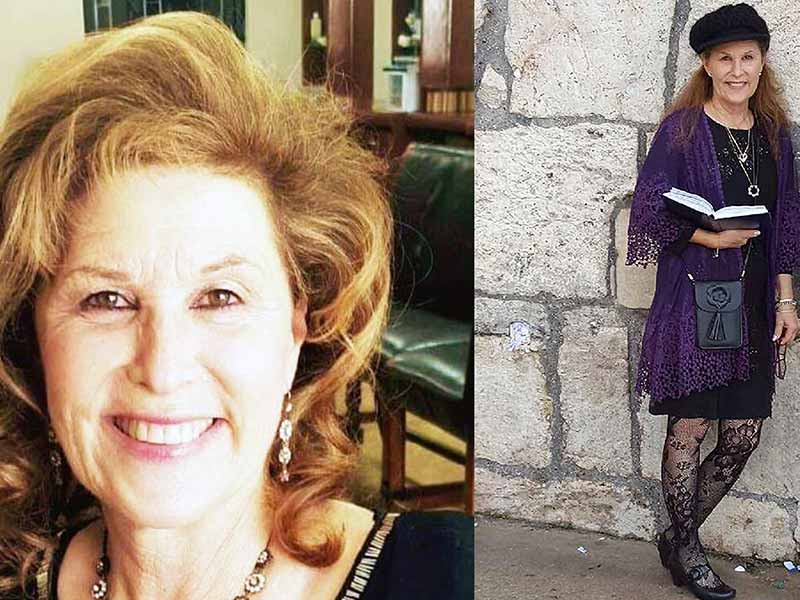“She died a sacred death. She died on the Sabbath. She died on Passover. She died in the synagogue. She died saving the rabbi’s life.”
Those were the tender words of Roneet Lev just hours after her best friend, Lori Gilbert-Kaye, 60, was shot to death at a synagogue in Poway, Calif., on Saturday. Gilbert-Kaye, we would all soon learn, had sacrificed her own life to save that of her spiritual mentor for three decades, Rabbi Yisroel Goldstein, stepping in front of alleged gunman John Earnest, 19. Rabbi Goldstein survived – in fact, he managed to finish his Yizkor sermon before being taken to hospital. Gilbert-Kaye had attended synagogue to recite Yizkor for the first time in memory of her recently deceased mother. Instead, her husband and 22-year-old daughter will say it for her next year.
How does such a thing happen? How does it happen twice in six months? Jews around the world are demanding answers, but I suspect most of us already know why. All around the world, anti-Semitism is being normalized. You don’t need to pick a side to blame – it’s coming from all directions. It’s going mainstream, including in the pages of the New York Times, which ran a vile cartoon in its international edition over the weekend.
The image, in which a dog with the face of Israeli Prime Minister Benjamin Netanyahu leads a blind U.S. President Donald Trump, drew widespread outrage and disbelief. In the cartoon, Trump is wearing a kippah, and the Netanyahu dog is sporting a Star of David collar – clearly moving the imagery well beyond any political disagreements about the nature of Trump and Bibi’s relationship or Israel and the Palestinians. The drawing was so dripping with anti-Semitism that many were left to wonder if they had accidentally stumbled upon a copy of Der Sturmer, rather than “the newspaper of record.”
READ: WOMAN KILLED IN POWAY SYNAGOGUE ATTACK DIED SHIELDING RABBI
In difficult times, we can turn to our own texts for some comfort. Many of those in attendance at Chabad of Poway on Saturday would have heard the recitation of Song of Songs prior to the Torah reading. (It is customary to read the text on the Shabbat of the intermediate days of Pesach, but when Shabbat does not fall during those days, as was the case this year, it is read on one of the final two festival days.) It is a beautiful, vivid work of poetry, unlike any other in the Tanakh, bathed in allegory.
Rabbi Yosef Yitzchak Schneersohn, the sixth Lubavitcher Rebbe, based his final Hasidic treatise on the first verse of Song of Songs’ fifth chapter: “I have come into My garden, My sister, (My) bride.” According to his interpretation, the garden refers to the human world, and the bride is the Jewish nation (“I,” in this case, is God). The verse indicates God’s desire to commune with His creations in their natural habitat – and that it is our job to render this world fit for such an encounter.
By all accounts, Lori Gilbert-Kaye was devoted to just that ideal. “If there’s anybody in need, she’s the first one to step forward and say ‘I can help,’” said another one of her close friends.
May her memory be for a blessing.
